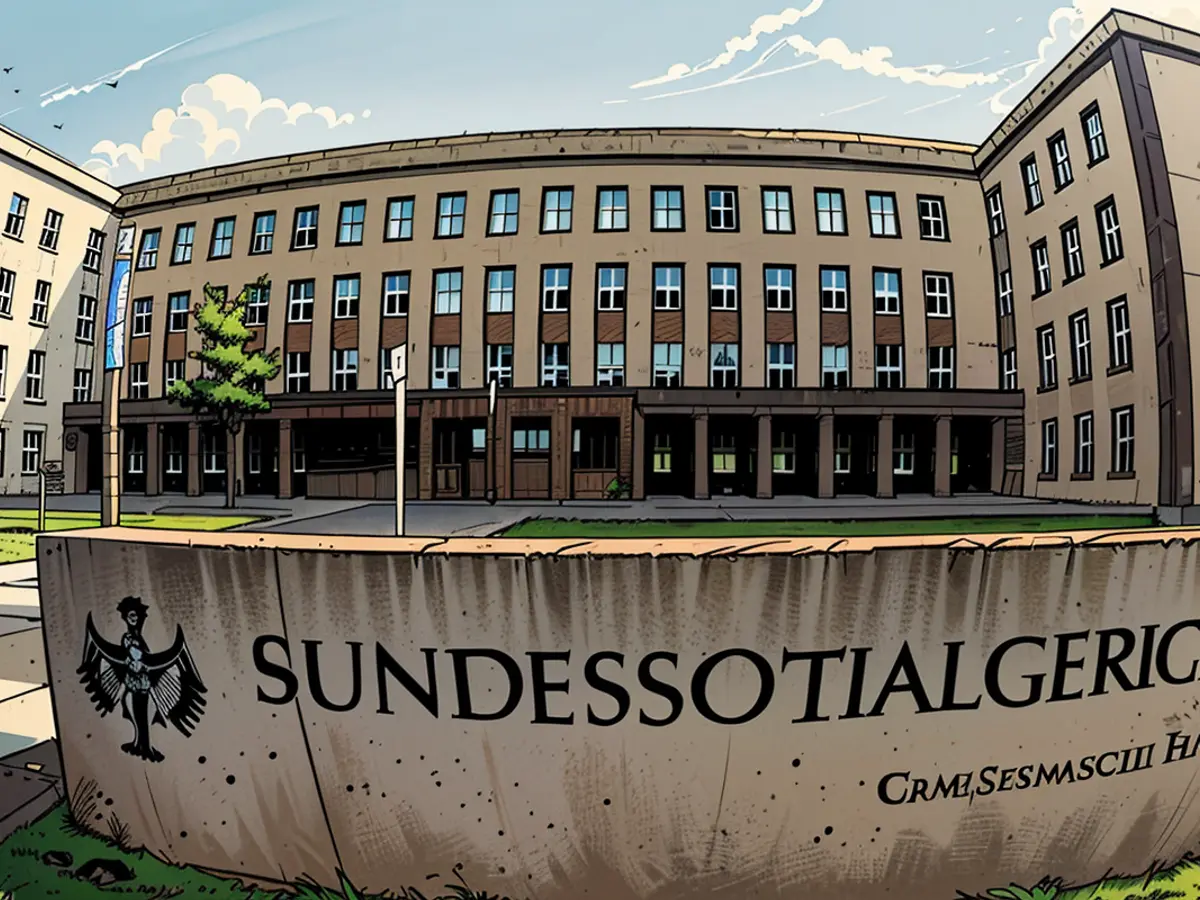Court of law - Accident at work not ruled out in the event of occupational vaccination
A workplace accident during a company vaccination is not excluded. This was decided by the Federal Social Court (BSG) in Kassel on a Thursday. The plaintiff was the manager of a hospital caterer and voluntarily participated in a vaccination against swine flu organized by the hospital in November 2009. Years later, fever episodes occurred, which he attributed to the vaccination. He therefore applied for benefits from the statutory accident insurance.
The insured employer refused to acknowledge a work accident. Measures for the preservation of health are generally to be attributed to the uninsured private sphere, the plaintiff argued. However, there was a mutual duty of care from the employment relationship. At least, there was a significant pressure to get vaccinated as an example for other employees.
The Social Court of Koblenz and the Land Social Court of Rhineland-Palatinate confirmed the assessment of the employer. Legally, there was no vaccination duty, they decided. Merely the subjective perception that the vaccination served employer interests does not suffice to justify insurance protection.
The BSG overturned the judgment of the lower court and referred the case back to the Land Social Court of Rhineland-Palatinate. A regularly and voluntarily carried out vaccination can be an accidental event if it leads to a health damage, the Kassel judges decided. In addition, there must be an inner connection between the specific vaccination and the insured activity. This is not given if the vaccination is recommended, financed, and carried out in the workplace by the employer. However, it can be assumed if participation in the vaccination is essential for business purposes.
In a hospital with a particularly increased interest in comprehensive health protection for patients, this could be the case if the vaccination was necessary due to the employment relationship or if the employee was justified in participating due to special circumstances. In this regard, the special recommendation of the Permanent Vaccination Commission for swine flu, which was aimed at all employees in direct patient contact, should be taken into account. The Land Social Court made no findings regarding these special circumstances. This must be supplemented.
- Despite the Swine flu vaccination accident at work being a possibility, the employer's liability insurance association often disputes such claims.
- The Plaintiff, a hospital caterer manager, claimed benefits from the statutory accident insurance due to health issues after a workplace Swine flu vaccination.
- In Germany, the Federal Social Court in Kassel ruled that a Swine flu vaccination accident could be covered under employer's liability insurance, contrary to previous rulings.
- Diseases like Swine flu are a constant concern in the field of Social affairs, prompting employers to implement health measures such as vaccinations.
- Hesse and Rhineland-Palatinate, two German states, have had their own rulings over Swine flu vaccination and accident at work cases, with different conclusions.
- The Federal Social Court's decision on Swine flu vaccination liability has significant implications for employers' responsibility towards their employees' health in Germany.
- Vaccination programs, including flu vaccination, play an essential role in maintaining overall population health and can potentially lead to workplace processes involving employer's liability insurance in the event of adverse reactions.








